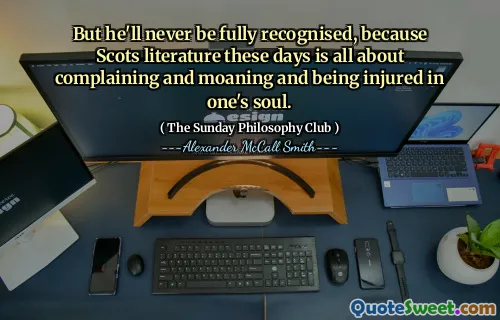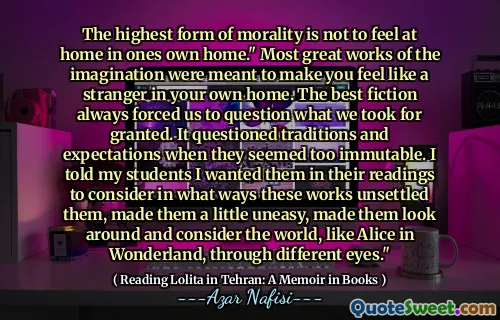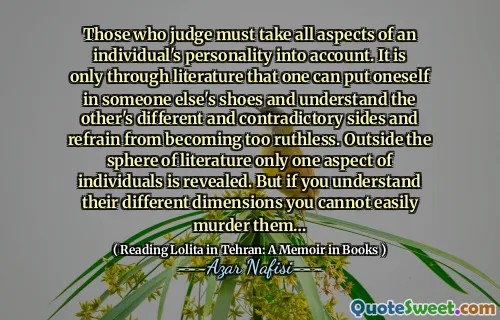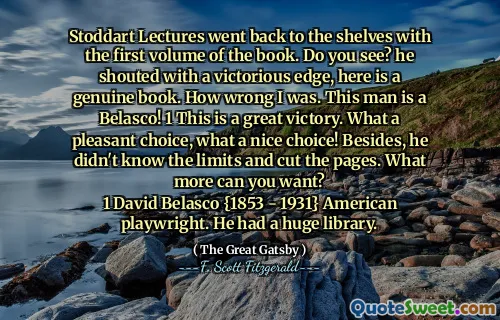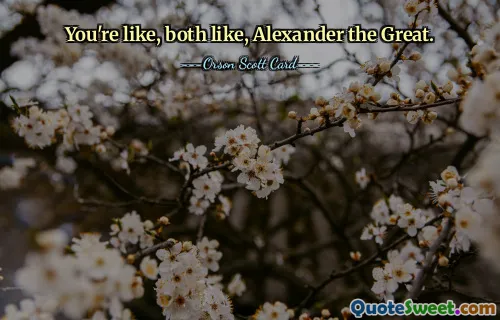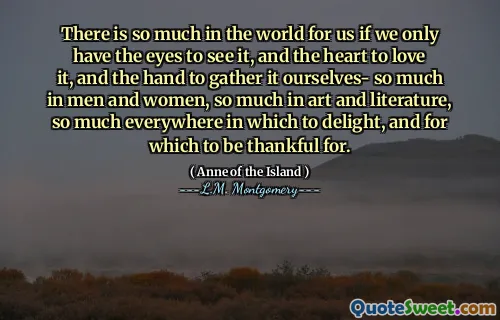I would not have majored in English and gone on to teach literature had I not been able to construct a counterargument about the truthfulness of fiction; still, as writers turn away from the industrious villages of George Eliot and Thomas Hardy, I learn less and less from them that helps me to ponder my life. In time, I found myself agreeing with the course evaluations written by my testier freshman students:'All the literature we read this term was depressing.' How naive. How sane.
In her reflection, Mary Rose O'Reilley expresses how her engagement with literature has evolved over time, particularly as she contemplates the relevance of classic authors like George Eliot and Thomas Hardy to her life. She acknowledges that her beliefs around the importance of fiction in understanding truth have shaped her career in teaching literature. However, she finds herself increasingly disconnected from the insights these writers offer, leading her to share the sentiment expressed by her students that much of the literature they study feels disheartening.
O'Reilley's admission that the literature seems depressing highlights a tension between the pursuit of knowledge and the emotional weight that such works can carry. While she initially sought to find meaning and resonance in these texts, she now grapples with the stark realities they portray, which can feel overwhelming. This tension reflects a broader struggle within the literary community about the impact of melancholic themes and their place in education, revealing a shift in perception that resonates with both teachers and students alike.
